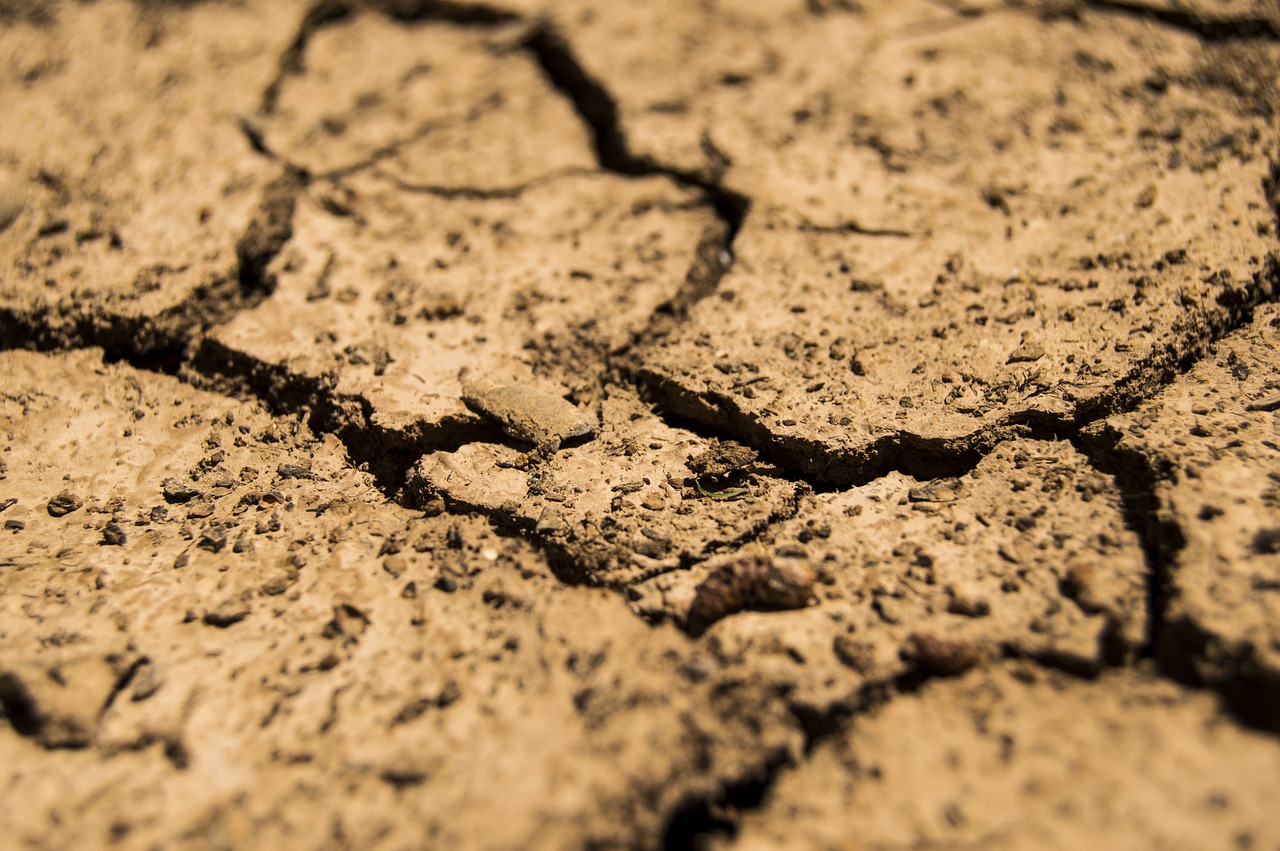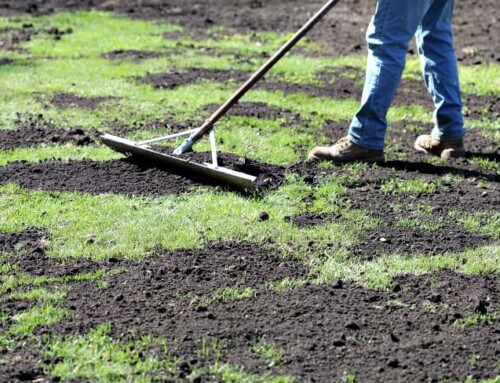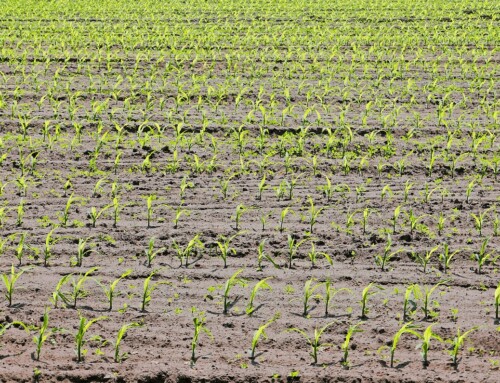Soil erosion and water scarcity are two of the most pressing environmental challenges faced by farmers, landscapers, and land managers today. These issues not only degrade land but also jeopardize crop productivity, increase water runoff, and contribute to pollution of natural waterways. While many seek engineered or chemical solutions to these problems, one of the most effective, natural tools is often overlooked: compost.
Compost—rich in organic matter and microbial life—is far more than a soil amendment for plant nutrition. When applied strategically, it plays a significant role in mitigating erosion, enhancing water retention, and stabilizing landscapes. These environmental benefits are vital for sustainable land management and long-term agricultural success.

Combatting Erosion with Compost
Erosion occurs when wind or water displaces topsoil, the nutrient-rich layer vital for plant growth. Bare or degraded soils are especially vulnerable to this process. Left unchecked, erosion leads to land degradation, increased sediment in waterways, and reduced agricultural productivity.
Compost acts as a natural barrier to erosion in several key ways:
- Improved Soil Structure: Compost binds soil particles together, creating aggregates that resist being carried away by wind or water.
- Increased Vegetative Growth: By enriching the soil with nutrients and beneficial microbes, compost promotes faster and denser vegetation growth. Root systems from healthy plants further anchor the soil, reducing erosion risk.
- Surface Application for Slopes: Applying compost blankets on slopes or disturbed land (like construction zones or post-wildfire sites) protects bare soil and encourages revegetation, making it a popular technique in erosion control projects.
In fact, studies have shown that compost blankets can reduce runoff and sediment loss by 50% or more compared to untreated soils.
Enhancing Water Retention Naturally
In an era of unpredictable weather and increasing drought, the ability to retain water in the soil is critical. Compost significantly boosts a soil’s water-holding capacity, benefiting both the environment and plant health.
Here’s how compost supports better water retention:
- Organic Matter Absorbs and Stores Moisture: Compost contains humus, a stable form of organic matter capable of holding water many times its weight.
- Reduced Evaporation: Compost helps insulate the soil surface, reducing evaporation and keeping moisture available for plant roots.
- Improved Infiltration: Compost-amended soils allow rainwater to penetrate more effectively, reducing surface runoff and increasing groundwater recharge.
- Balanced Moisture Levels: In both sandy and clay soils, compost acts as a buffer—improving porosity in heavy soils and moisture retention in light soils.
This water-saving benefit reduces irrigation needs and helps maintain resilient crops even during dry periods—an increasingly important asset for farmers and landscapers alike.
Compost for Landscape Stabilization
Beyond farms and gardens, compost plays a key role in landscape restoration and stabilization. It’s commonly used in:
- Stormwater Management Projects: Compost filter socks and berms capture sediment and pollutants, allowing cleaner water to infiltrate the ground.
- Roadside and Slope Rehabilitation: Compost blends restore disturbed areas after construction, encouraging vegetative cover and soil stability.
- Green Infrastructure: Parks, green roofs, and bioswales benefit from compost’s ability to support healthy vegetation and manage stormwater naturally.
These applications not only improve aesthetics but also enhance ecological resilience, reduce infrastructure maintenance costs, and contribute to healthier local environments.
A Win-Win for Sustainability
Using compost to control erosion and retain water isn’t just a smart land management decision—it’s an environmental one. Diverting organic waste from landfills to produce compost reduces methane emissions and transforms waste into a regenerative resource.
When compost is applied across various landscapes, it contributes to:
- Reduced sedimentation and water pollution
- Improved soil carbon sequestration
- Lower dependence on chemical fertilizers
- Stronger, more sustainable ecosystems
It’s a clear example of how waste can become a powerful asset in the fight against environmental degradation.
Discover Compost’s Environmental Benefits
At Veransa, we specialize in producing premium compost that’s clean, consistent, and environmentally sound. Manufactured from inspected green waste and pre-consumer food scraps, our compost contains no biosolids or animal byproducts. Every batch is monitored and tested to ensure it meets the highest quality standards.
Whether you’re managing a farm, restoring a construction site, or designing a sustainable landscape, Veransa compost provides the natural tools you need for erosion control, water retention, and long-term soil health.
Discover compost’s environmental benefits and how it can transform your land management practices at www.veransa.com.



